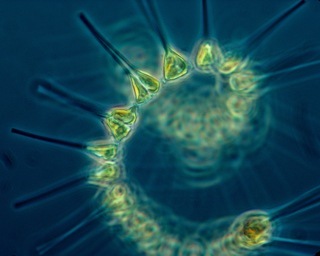 Last week there were many reports and posts across social media acknowledging World Oceans Day. Some highlighted the beauty and majesty of our planet’s oceans, its animals and plants; others were focused on how we are slowly killing this life giving resource.
Last week there were many reports and posts across social media acknowledging World Oceans Day. Some highlighted the beauty and majesty of our planet’s oceans, its animals and plants; others were focused on how we are slowly killing this life giving resource.
This year’s theme is ‘Healthy Oceans, Healthy Planet’. Unfortunately many do not realise how very apt this statement is. The majority (70%) of the oxygen in our atmosphere is produced by marine plants (phytoplankton) and approximately 28% comes from the rainforests. We simply cannot afford to continue to pollute our oceans and we must address the staggering amounts of garbage we dump into the sea.
Who is taking responsibility?
One would expect solutions to be forthcoming from industry heavy weights, the world’s superpowers or NGOs. Contrary to this perception, a student and a small privately owned brewery have stepped up to the plate.
Saltwater Brewery have tackled the issue of plastic can rings. Plastic can holders pollute the oceans and are responsible for maiming and killing thousands of marine animals and birds. Saltwater brewery have designed and are using ‘edible six pack rings’.
Lets hope that international companies follow suit and this technology is used to replace all commercial plastic wrapping and shopping bags.
A passive, garbage collection device for the oceans
A solution to address the world’s largest garbage dump has come from a 20-year-old Dutch inventor, entrepreneur and aerospace engineering student, Boyan Slat. Despite concerns raised by oceanographers and biologists, Slat has secured sufficient funding to employ 25 staff, publish a 528-page feasibility study and produce a prototype of his design. The first prototype will be deployed in the North Sea, 23km off the coast of the Netherlands this summer. After a year of collecting data from this first test, the next step will be to deploy a 100 km long structure between Hawaii and California in 2020. According to the organisation’s analysis, this array should clean up about half of the Great Pacific Garbage Patch in 10 years time. Until then, we all need to reduce the amount of plastic we use, recycle as much as possible and advocate for industries to take responsibility for what they produce as well as for our governments to pass laws that will protect our environment.